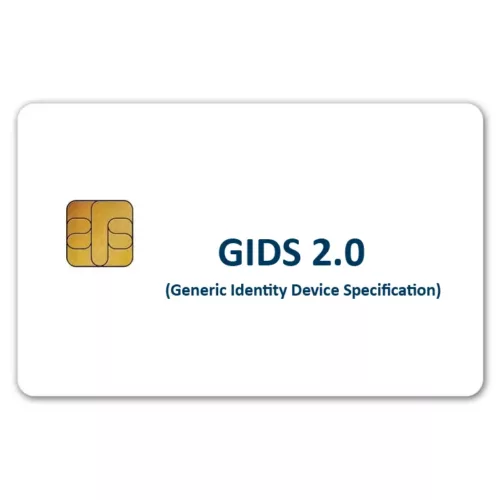Public Key Infrastructure (PKI) is a framework which supports the identification and distribution of public encryption keys. It provides a set of procedures and policies for establishing the secure exchange of information and enables individuals and systems to exchange data over potentially unsecured networks like the Internet and to authenticate and verify the identity of the party they’re communicating with.
PKI security first emerged in the 1990s to help govern encryption keys through the issuance and management of digital certificates. These PKI certificates verify the owner of a private key and the authenticity of that relationship going forward to help maintain security. The certificates are akin to a driver’s license or passport for the digital world.
Common examples of PKI security today are SSL certificates on websites so that site visitors know they’re sending information to the intended recipient, digital signatures, and authentication for Internet of Things devices.




